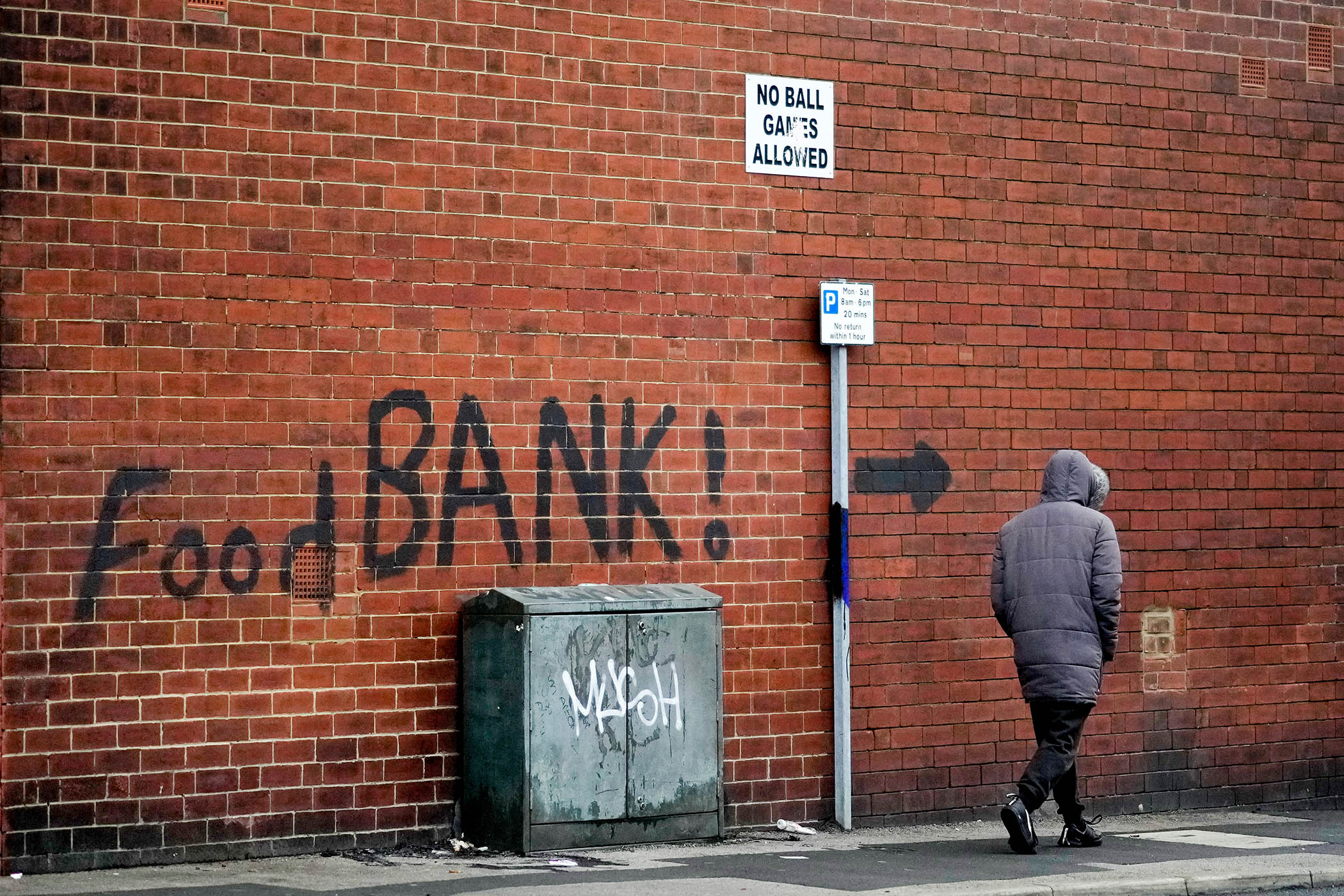The home of the Eccles cake has been identified as the crucial battleground for the next general election, with a surge in tactical voting to prevent Reform from winning the keys to No 10.
Worsley and Eccles is a Labour safe seat after new incumbent Michael Wheeler enjoyed a boost from the national shift in 2024, but new polling by Public First and Stonehaven Global for The Observer suggests it will become the ultimate “tactical bellwether”.
With the polls turning against Keir Starmer, Reform is on course to claim the constituency in the 2029 general election, along with more than 400 others.
Labour’s only hope of clinging on is tactical voting, in which constituents who would otherwise back the Conservatives, Liberal Democrats or Greens hold their nose and rally behind the best-placed candidate to deny Reform its victory. Even with “high levels of tactical voting”, Labour would only just “flip the seat”, with a margin of 24 votes.
The survey will act as a wake-up call to the threat posed by Nigel Farage and his party. Although the government has been consistently trailing in the polls, any swing that propels Farage’s outfit into government would be unprecedented, given that Labour currently has 399 MPs compared with Reform’s five.
It also raises the prospect of tactical voting becoming more mainstream than ever before, as well as increasing the chances of ushering in the UK’s first “rainbow coalition”.
If voters around the country opted for the party best placed to beat Reform, rather than their preferred party, Labour and the Conservatives are the main beneficiaries, retaining 209 and 105 seats each, with the Liberal Democrats losing just one from its current total of 72 MPs. Smaller parties such as the SNP, Greens and Plaid Cymru also retain a foothold.
The data suggests that 250 constituencies could be affected – far more than the tens seen in 2019/24 – with a focus in the south-east, south-west and north-west, although Wales could be “disproportionately” affected.
Related articles:
Tactical voting has long been seen as a niche pursuit in British democracy, and coalitions shunned, not least since the Lib Dem collapse after their ill-fated 2010 pact with the Cameron government.
However, last summer saw a game-changing leftwing coalition in France deny Marine Le Pen’s far-right National Rally a widely anticipated win by deploying a “republican front” – effectively a democratic firewall.
Newsletters
Choose the newsletters you want to receive
View more
For information about how The Observer protects your data, read our Privacy Policy
Photograph by Rasid Necati Aslim/Anadolu via Getty Images



